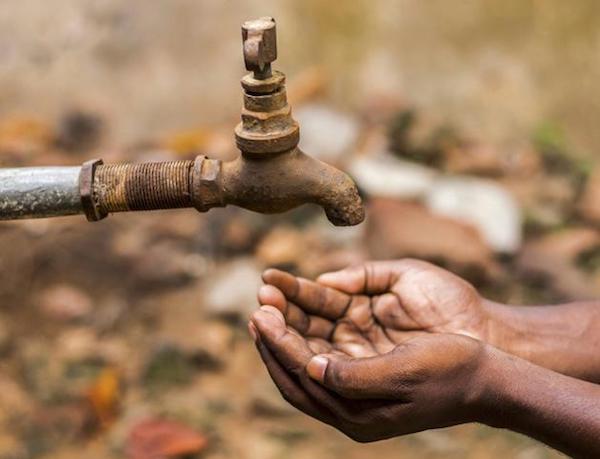Ghana Water Limited (GWL) to commence rationing due to water supply challenges in Tamale to meet the increasing demand.
Dr. Clifford A. Braimah, the Managing Director, attributes this predicament to disturbances caused by ongoing urban road construction projects. His recent tour of the Northern and Savannah regions underscores the adverse effects of urban road construction on water pipelines, exacerbating the existing water supply dilemmas.
During his inspection, Dr. Braimah underscored the detrimental impact of urban infrastructure development on the integrity of water pipelines, which compounds the water supply challenges in Tamale.
The disruptions caused by construction works further strain the already limited water supply infrastructure, creating a pressing need for immediate interventions.
In response to the escalating situation, GWL is considering the implementation of a demand management program aimed at ensuring equitable water distribution among Tamale residents, guaranteeing access to water at least once a week.
The primary focus remains on identifying and implementing viable solutions to mitigate the adverse effects of water supply shortages in Tamale. Dr. Braimah’s commitment to exploring immediate interventions highlights the company’s dedication to resolving the pressing water supply challenges facing the region.
The overarching objective is to alleviate the hardships faced by the populace due to inadequate water supply. By proactively addressing the root causes of the water supply deficits, GWL aims to enhance the resilience of Tamale’s water distribution infrastructure, ensuring sustainable access to this essential resource.
Ghana Water Limited’s (GWL) Proposed Solution to the Water Supply Challenges in Tamale
Dr. Braimah’s emphasis on prompt action underscores the urgency of addressing the water supply deficiencies plaguing the region as he remarked by suggesting rationing could help mitigate the dominant problem.
That’s why we are here. We were with us this morning at RCC when we spoke to the Minister about the support we need from the Regional Security Committee, because there are some of the challenges, for example in Tamale, that are a result of activities of agencies and not Ghana Water Company.
We depend on NEDCO 100% for production or for us to power their machines. At any time NEDCO power, flat twist, our systems go off. So you could have your systems working properly, because of inadequate power you are unable to deliver.
However, we have our challenges because Tamale has outgrown the capacity that we now have. So, all we can do is to have a systematic rationing process or demand management programme so that at least everybody in Tamale will have water at least once a week.


